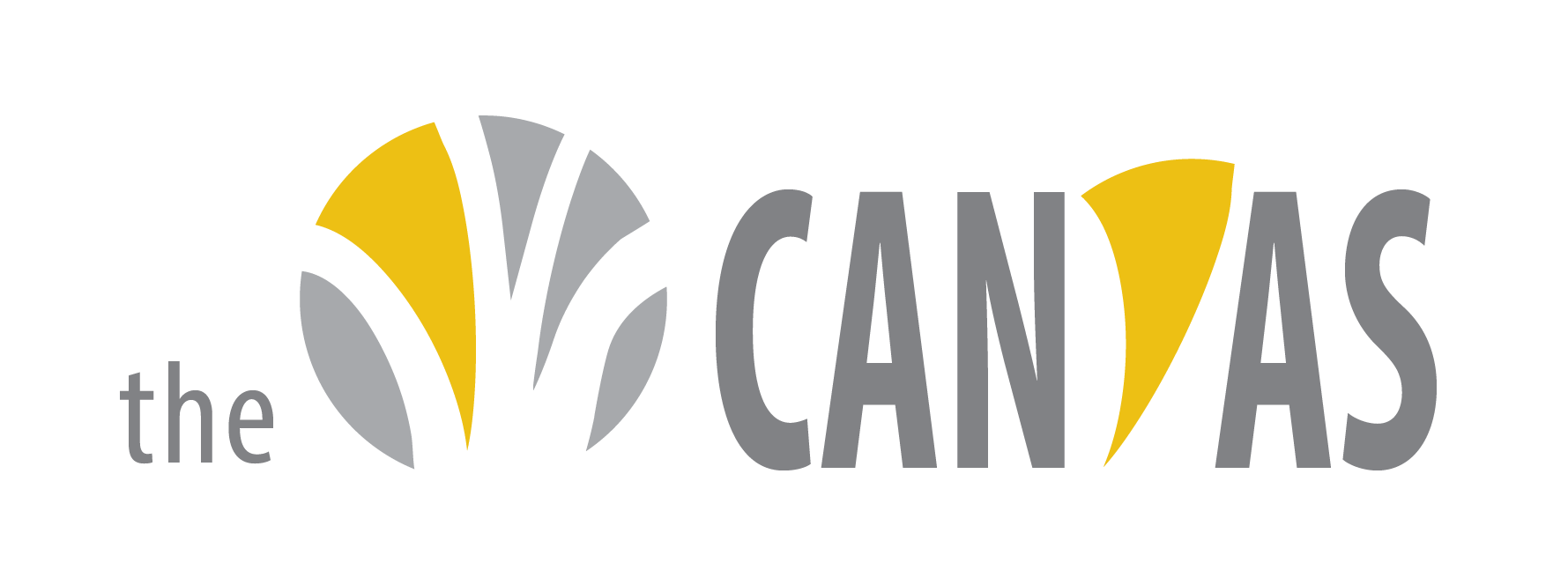Early this November, Dr. Pamela Ayo Yetunde (Director of Interreligious Chaplaincy and Assistant Professor of Pastoral and Spiritual Care and Counseling), Jessi LeClear Vachta (Associate Director of Admissions) and a group of current students attended the 2018 Parliament of the World's Religions in Toronto, Ontario. There, they held a panel, "Making Interreligious Chaplaincy Education Meaningfully Inclusive." We will publishing content from this presentation as a series over the next few weeks. This post is from Lucia Kalinosky, who is working on an MDiv in Interreligious Chaplaincy.
Hello! I’ll start by introducing myself a little. My name is Lucia Kalinosky. I use they/them/their pronouns to acknowledge my non-binary gender, and I’m working on my Masters of Divinity in Interreligious Chaplaincy at United. I’m hoping to be a healthcare chaplain of some sort especially working with queer and trans people.
I’m going to talk about some of my own biases and challenges on inclusion in chaplaincy and chaplaincy education that I’ve been working through. A major growing edge for me is understanding disability and ableism and focusing on practice instead of theory. I’m not disabled, and I’ve only really seriously begun to examine disability and related issues like chronic illness, mental illness and aging in the last year. I’ve been learning about disability and ableism at the same time I’ve been in seminary; I’ve been able to put it in conversation with my seminary education.
I went to a liberal arts school for my undergraduate degree, and while my stated major was history of the Middle East, my real major was critical theory. I spent a lot of time in college learning how to critique and getting comfortable critiquing things. I learned to see and point out the influences of racism, sexism, homophobia, ableism, etc. in my own thinking, in literature and in the world generally. Now, I am using the cultural humility model by Tervalon and Garcia to self-reflect and self-critique to further my commitment to non-paternalistic care for my patients, so I certainly don’t want to imply that my work is done on that front. But what I didn’t learn in my undergraduate education was how to interact with “problematic” texts, people and attitudes in ways that are transformative, that honor people’s experience and feelings, and that open people up to more possibilities for sacredness and justice. Instead, I was mostly taught to abandon problematic ideas instead of engaging them. So my major challenge in seminary has been developing a practice that is inclusive, that honors people on an interpersonal level, and that works to create justice in the world.
When I’m learning about something, whether it be disability activism, racism or death, I’m constantly having to remind myself that none of this is theoretical. None of this is theoretical. When I’m in a theological interpretation class and we are talking about how language use and our interpretive abilities makes us human, I need to remind myself that one day I’m going to walk into a room of a person who doesn’t use language, or who at least doesn’t use language as far as I am able to tell, and I’m going to be expected to offer them spiritual care. That does not mean I throw out the whole text and say that talking about the human experience of interpreting language is ableist and trash and that there is nothing to be gained from me reflecting on what it means to be a language user and interpret texts.
It also means that as I continue to self-reflect and self-critique and learn from the people around me. I need to take very seriously the work of being with someone where they are at. I listen to disability activists and learn why not to use phrases like “confined” to a wheelchair or “bound” to a wheelchair. I commit myself to seeing assistive devices and tools of liberation, not confinement. At the same time, I also need to remember that none of this is theoretical. I need to prepare myself to talk with someone who really does feel confined in their wheelchair or who may feel a complicated combination of gratitude and resentment towards their assistive devices.
United has helped me develop a new approach to issues of inclusion and equity that helps move the ball forward and helps me stay focused on my chosen work of offering spiritual care to people. So much of my education has been focused on understanding issues of systemic injustice, and now I’m entering a profoundly interpersonal field. One of the authors that I’ve been privileged to read in class with Dr. Ayo is Emmanuel Lartey. In his book In Living Color, Lartey presents a three-level view of human connectedness. He says that all humans are like no others, like some others and like all others. That is, we are all unique individuals, we all share some experiences with groups like our cultures and experiences of privilege and oppression, and we all share some universal human experiences and characteristics. This model has been so helpful to me because it reminds me that I need to hold things in tension.
Dr. Ayo often emphasizes how important non-dualism is for chaplains and this model is a great extension of that. It’s important for me to recognize my own social, racial and other locations and experiences and recognize what experiences I do and don’t share. I also find myself constantly surprised at how much I share with people who seem unlike me and how much I don’t share with people who do seem like me. I volunteer as a call operator on the trans lifeline, which is a great resources that everyone should know about, and I don’t think I’ve ever had a caller ask me for advice on a situation that I’ve actually had advice on. Yes, we’re both trans, but you’re asking me about how to pick a surgeon or how to put on makeup or whatever it is. I end up falling back on those individual and universal levels of connection.
Holding theory and practice in tension, allowing individuals to express their feelings even if they aren’t politically correct, and accepting people as whole people are important ways to make interreligious chaplaincy education meaningfully inclusive.



Your Comments :